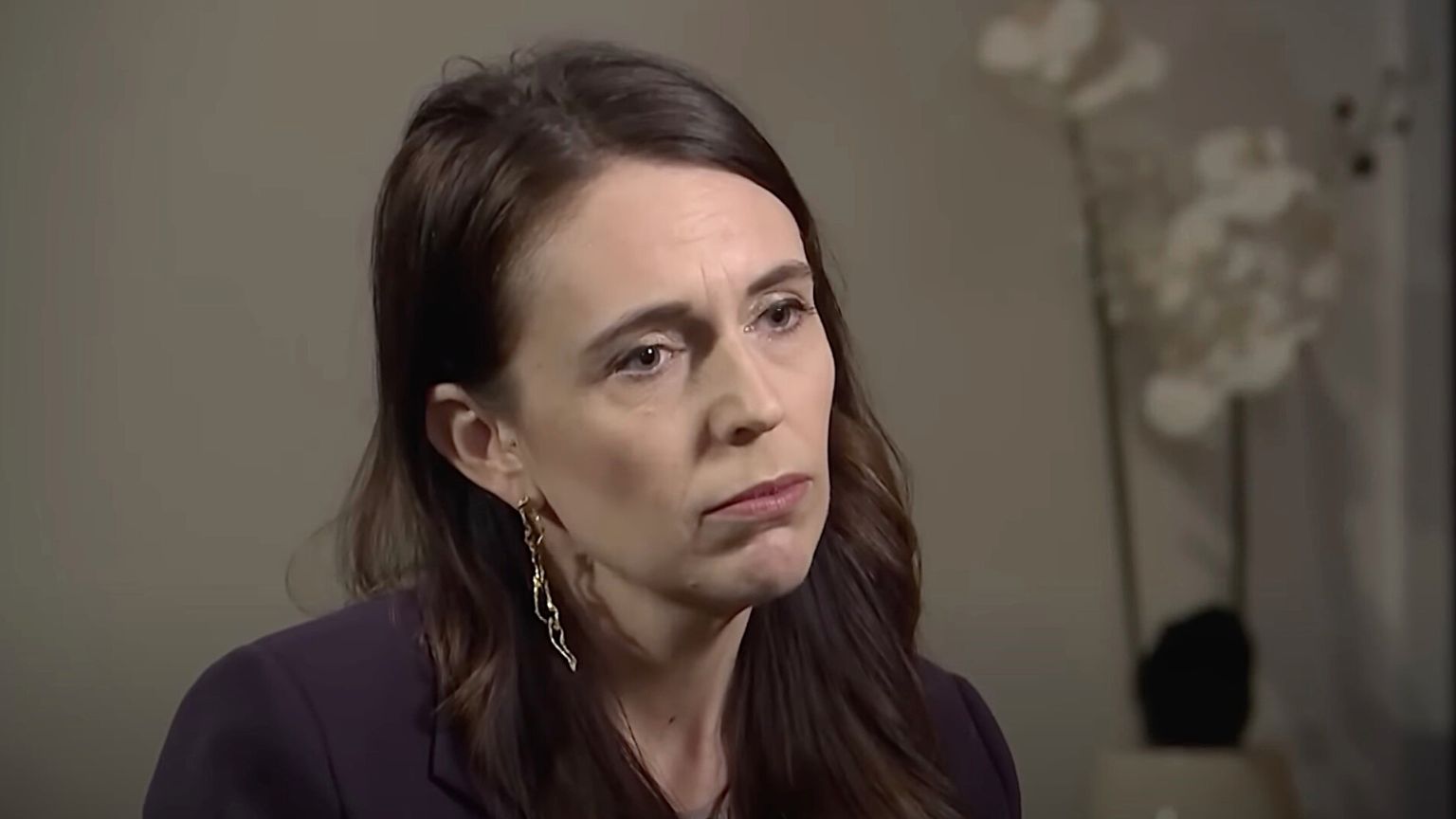Former New Zealand Prime Minister Jacinda Ardern may have recently stepped down from that office, but her “internet censorship” days don’t seem to be over at all – in fact, she is likely to “move” her experience relevant to this activity to an international role.
Having most recently made a name for herself outside her own country as one of the most ardent supporters of extremely strict Covid restrictions, Ardern was previously known as the co-sponsor of the so-called Christchurch initiative (along with another politician of a similar and particular ideological background, Emmanuel Macron.)
The initiative (“Christchurch Call“), which critics say is too heavy-handed in censoring social media, with the Christchurch shooting of 2019 taken as its justification, should now apparently be implemented worldwide, and with Macron still serving as France’s president – who better than Ardern to do it.
The former New Zealand PM has the support for this from the new head of New Zealand’s government, Chris Hipkins. The Christchurch initiative managed to get some 120 countries and Big Tech to agree on how to best deal with, and get rid of what is perceived as online misinformation, disinformation, and extremism.
According to Hipkins, “the Call” is one of New Zealand’s international priorities, and he sees it as a success so far – but one that should be “seen through.”
“There’s potential for Jacinda Ardern to continue to be involved in that work, and in due course we’ll explore what that might look like,” Hipkins shared. The opposition is on board too, it seems – the National Party leader said they would back Ardern “in whatever she chose to do on the world stage.”
Although Hipkins has not elaborated any further, and her spokespeople remain mum on the issue, earlier reports gave a glimpse into the nature of Ardern’s policies and mindset, especially regarding censorship and restrictions, and why there are those in the international community unwilling to lose such an “asset” as her.
In 2022, reports cited some fairly shocking statements made by Ardern at the height of the pandemic panic, two years earlier, such as telling citizens that, “unless you hear it from us, it is not the truth.”
Some critics found disturbing evidence of similarities between this approach to a government becoming the purveyors of “absolute” truth and the way China’s authorities rule that country.








